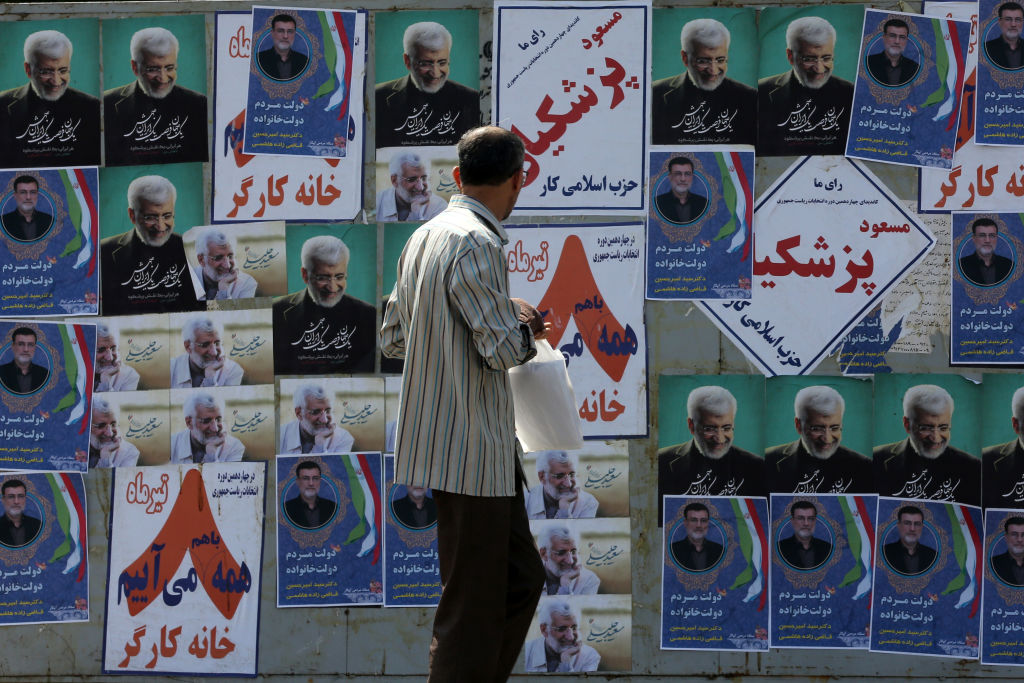HSBC has downgraded Brazilian stocks from neutral to “underweight,” citing pessimism about the country’s economic outlook. The bank’s analysts, Alastair Pinder, Nicole Inui, and Herald van der Linde, labeled Brazil a “classic value trap” in their recent report.
The analysts acknowledge that Brazilian stocks are cheap. The price-to-earnings ratio for the next 12 months stands at 6.6 times. However, they deem a revaluation unlikely until a significant drop in the Selic rate and local fixed income returns occurs.
HSBC struggles to identify potential stock buyers. High real interest rates, exceeding 7%, deter local investors and emerging market funds. These funds already hold above-average positions in the market.
The disappointment with the government’s spending cut package has created a vicious cycle. It has led to higher interest rates, a weaker real, higher inflation, and slower economic growth expectations. These factors directly impact Brazilian stocks.
 HSBC Downgrades Brazilian Stocks, Labels Them ‘Classic Value Traps’. (Photo Internet reproduction)
HSBC Downgrades Brazilian Stocks, Labels Them ‘Classic Value Traps’. (Photo Internet reproduction)In contrast, HSBC upgraded Saudi Arabian stocks from neutral to “overweight.” The bank sees potential for the Saudi stock market to outperform in 2025, unlike the previous year.
HSBC cites Saudi Arabia’s strong structural growth story as a key factor. The bank believes the market view of Saudi companies’ stocks has incorporated too much pessimism around lower oil prices.
This presents an opportunity for investors looking beyond Brazil’s current economic challenges. HSBC’s downgrade of Brazilian stocks reflects growing concerns about the country’s economic trajectory.
It highlights the complexities of investing in emerging markets and the importance of considering multiple factors when making investment decisions.

 By The Rio Times | Created at 2025-01-03 17:47:53 | Updated at 2025-01-09 14:56:12
5 days ago
By The Rio Times | Created at 2025-01-03 17:47:53 | Updated at 2025-01-09 14:56:12
5 days ago








